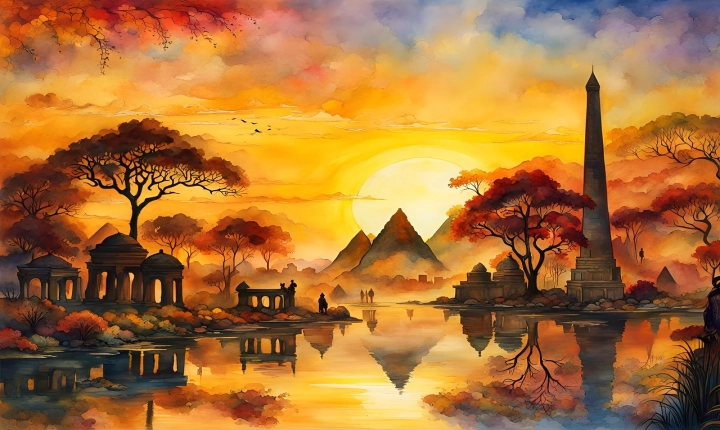AI, or artificial intelligence, has been making significant strides in transforming various industries, including the creative sector. From music and film production to design and advertising, AI has been revolutionizing the way creative works are produced and consumed. In this article, we will explore how AI is transforming the creative industries and the potential impact it could have on the future of creativity.
One of the most notable areas where AI is making an impact is in music composition and production. AI algorithms have been developed to analyze vast amounts of musical data and generate original compositions based on specific styles or genres. This technology has the potential to revolutionize the music industry by providing artists and producers with endless inspiration and new possibilities for creating unique and innovative music.
In the film and entertainment industry, AI is also being used to improve the production process. From script analysis to character development and visual effects, AI tools are being employed to streamline and enhance various aspects of filmmaking. For example, AI can analyze audience preferences and trends to inform the development and marketing of films, helping producers make more informed decisions about which projects to pursue.
Furthermore, in the realm of design and advertising, AI is being utilized to automate certain tasks and enhance creative processes. Designers and marketers can leverage AI-powered tools to generate personalized content, optimize ad campaigns, and even create visual elements such as logos and graphics. This not only saves time and resources but also opens up new possibilities for creative exploration and experimentation.
However, while AI offers numerous benefits and opportunities for the creative industries, it also raises questions and concerns. One of the main concerns is the potential impact of AI on the role of human creativity. Some fear that as AI becomes more advanced in generating creative works, it may devalue the input and talents of human creators. Additionally, there are ethical considerations surrounding the use of AI in creative industries, particularly in areas such as copyright and intellectual property rights.
Nevertheless, many experts believe that AI has the potential to complement human creativity rather than replace it. By automating repetitive tasks and offering new tools for inspiration and innovation, AI can empower creators to focus on higher-level thinking and more meaningful aspects of their work. Additionally, AI can help democratize the creative process by making creative tools and resources more accessible to a wider range of individuals.
In conclusion, AI is undoubtedly transforming the creative industries in numerous ways, offering new possibilities for artists, designers, filmmakers, and other creative professionals. As AI continues to advance, it is imperative for the industry to navigate the potential challenges and ethical implications, and for creators to embrace and harness the power of AI to shape the future of creativity. The synergy between human creativity and AI has the potential to unlock unprecedented levels of innovation and expression, ultimately enriching the creative landscape for years to come.
